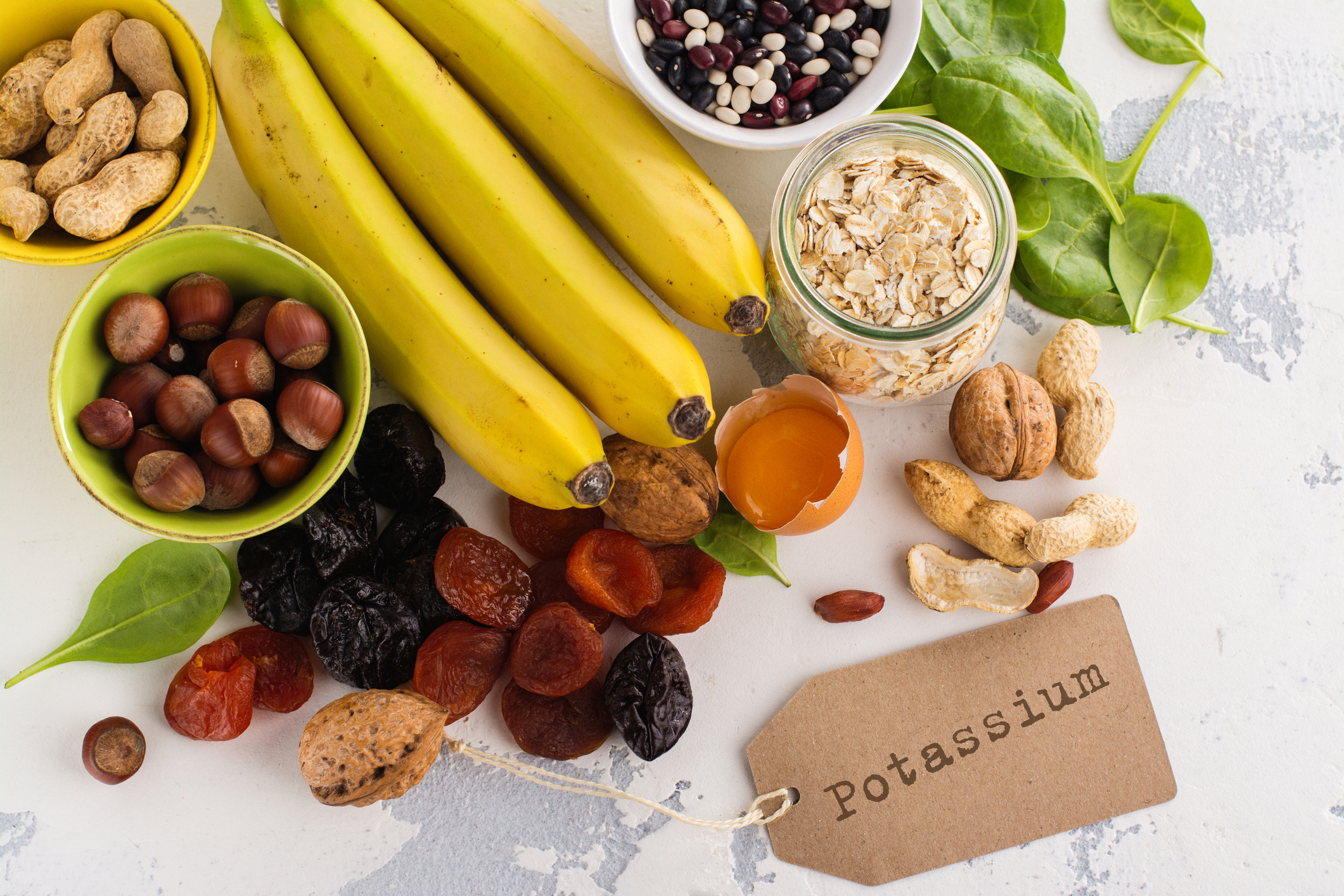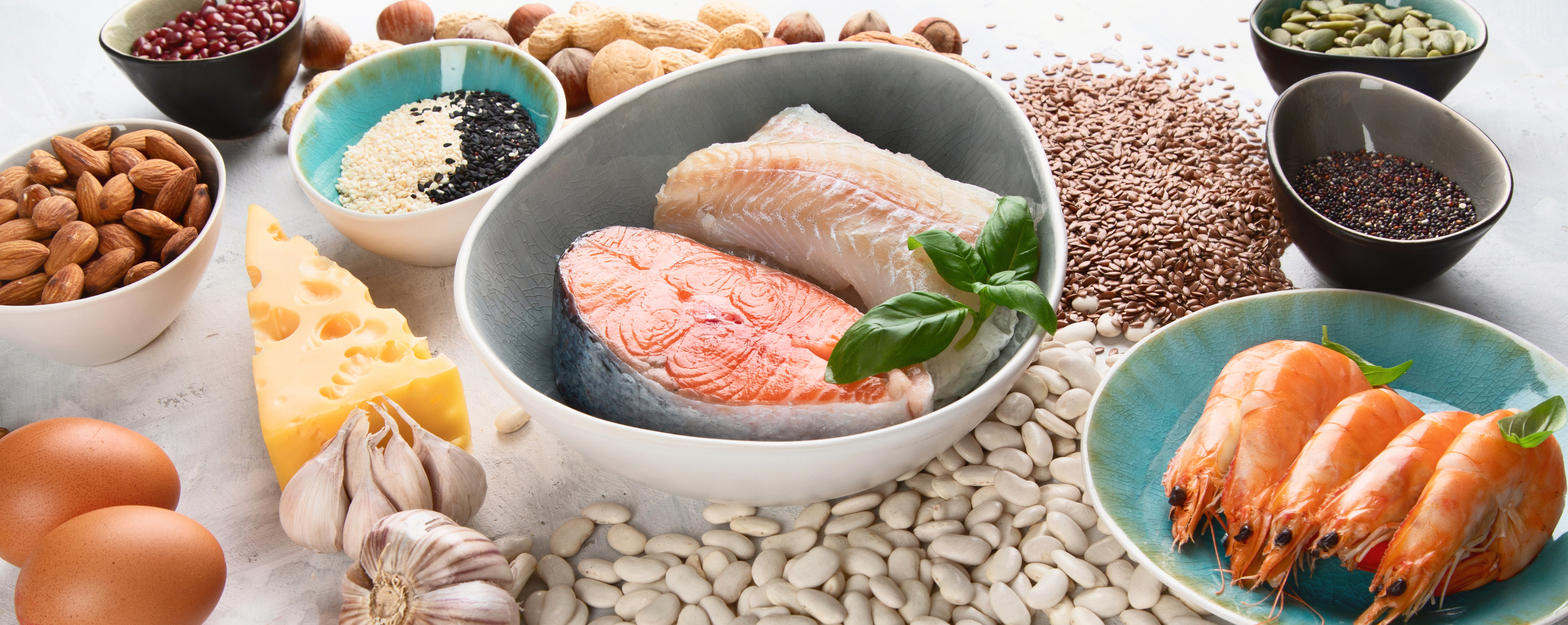Foods To Avoid For Optimal Kidney Health
27. Importance of Potassium Balance

Potassium plays a vital role in maintaining normal heart and muscle function, but its levels need to be carefully managed in individuals with kidney disease. The kidneys help regulate potassium in the blood, and when they are not functioning properly, potassium levels can rise and lead to dangerous heart rhythms. Low-potassium foods include apples, cabbage, carrots, green beans, and blueberries. High-potassium foods, such as bananas, oranges, potatoes, and spinach, should be consumed in moderation. A renal dietitian can provide tailored advice to ensure a balanced intake that supports your kidneys and overall health.
28. Phosphorus and Your Kidneys

Phosphorus, like potassium, is another mineral that requires careful management in those with kidney disease. High phosphorus levels can lead to bone and cardiovascular disease in patients with chronic kidney disease. Foods high in phosphorus include dairy products, nuts, seeds, and processed foods. Phosphorus from animal sources is absorbed more easily by the body, making it particularly important to monitor intake. Look for "phos" on ingredient labels to identify phosphorus additives in packaged foods. Consuming a diet rich in fresh, whole foods can help manage phosphorus levels effectively.
